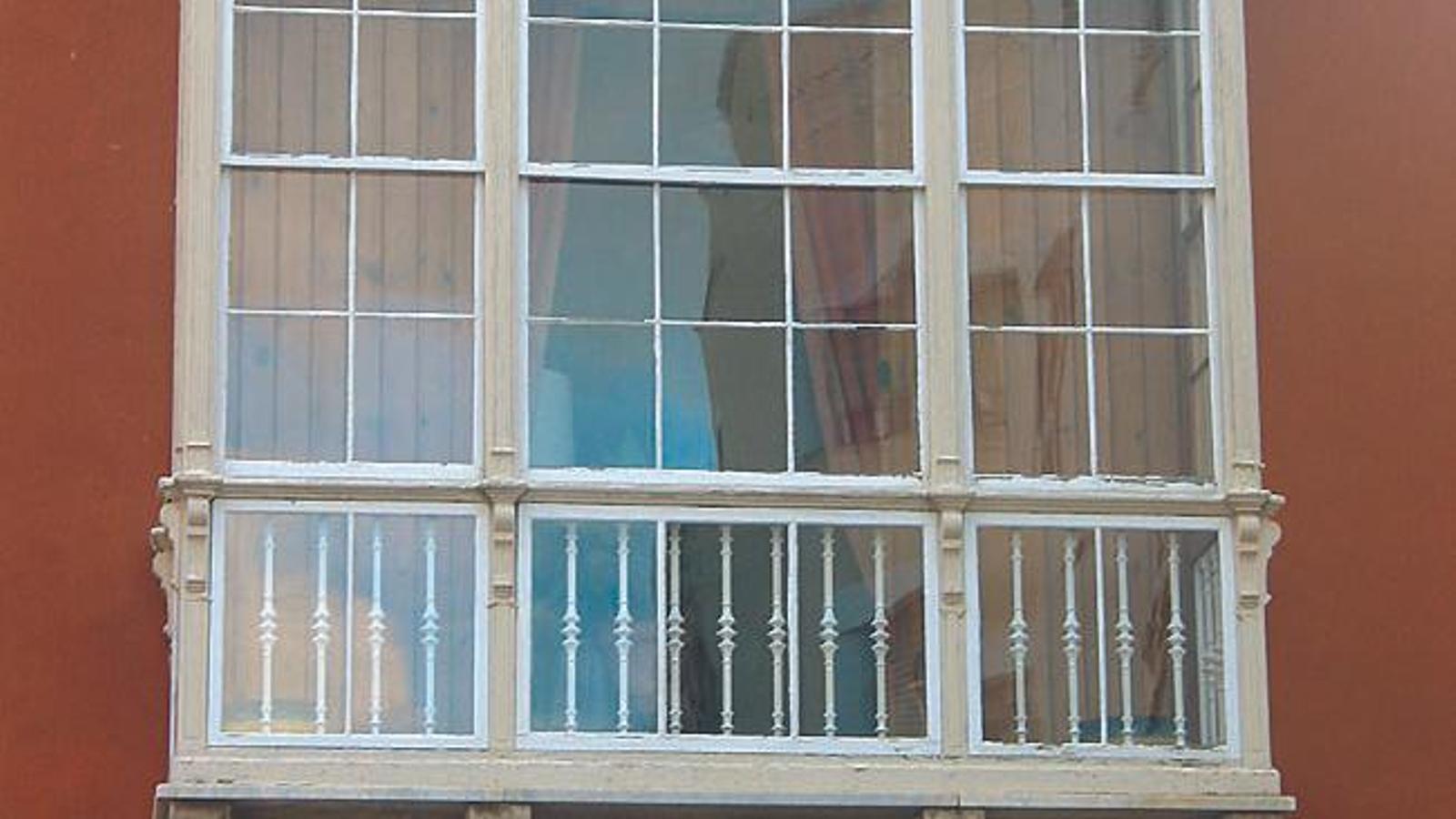From the Menorcan 'boinder' to the global 'follower': how Anglicisms and Catalan coexist
English has left its mark on Catalan for centuries, as evidenced by Menorcan words like chumáquer and boínder. However, today's Anglicisms, such as 'follower,' 'feedback,' and 'influencer,' don't come from human contact, but rather from pressure from global brands and platforms. Can we preserve the vitality of Catalan in the digital age? The answer depends, in part, on how and when we choose words.


"Come and do a brunch!", "Have you watched the latest podcast on streaming?", "We are waiting for the deadline and I have not received feedback...". Perhaps these phrases no longer grate on you. Perhaps you've heard or read them so often that you've even incorporated them into your repertoire without giving it much thought. In just a few decades, the use of Anglicisms has become ubiquitous, especially in the digital sphere, but also in the world of work, popular culture, and folk culture. Given this situation, it's worth asking the following question: is this usage a natural evolution of the language or is it a symptom of a certain sociolinguistic fragility? In Menorca, for example, it's common for houses to have boínderos (of bow window, arched window), which is written on the blackboard with a crash (of chalk, plaster) or when there are too many people in one place, they are as narrow as pins (of pilchard, sardine). This, in this article from ARA Baleares, has been part of the linguistic landscape of Menorca since, between 1708 and 1802, the island experienced three periods of British domination.
If we look back, we'll realize that the case of English in Menorca is not unique either. Catalan has borrowed words from other languages since its inception. From Arabic, it has borrowed words like 'tile' and 'laundry room'; from French, 'garage', 'hotel', 'garden', and 'bureaucracy'; from Spanish, 'hangover' and 'blackboard'; and from Italian, 'macarro', 'broccoli', and 'sonet'. In fact, when a language borrows words from another out of necessity, there is no problem; it is rather considered a way of enriching the vocabulary.
However, the current situation is somewhat different. English does not originate as a result of direct contact between people, but as a vehicle for global platforms, digital services, commercial brands, and audiovisual content. Its weight is not proportional to cultural coexistence, but to a symbolic hierarchy: what comes in English is often perceived as more modern, more efficient, more attractive. Thus, terms like 'feedback', 'start-up, 'streaming', 'cookie' either 'influencer' They are imposed not because we lack alternatives, but because these alternatives are seen as less "international."selfie', 'startup' for 'start-up', 'virtual seminar' by 'webinar', 'podcast', 'spam', 'download', 'direct message', 'user', etc. The Termcat terminology center, together with the Institut d'Estudis Catalans and other organizations, is continuously working to offer viable and well-formed alternatives. And yet, many of these proposals have little social circulation. Why?
What often fails is not the linguistic proposal, but the perception of the available options. Saying 'feedback' seems more cosmopolitan than 'return' or 'retroaction'. Say 'coach' may seem more prestigious than 'coach' or 'advisor'. This bias is not exclusive to Catalan (it also occurs in other languages such as Italian, Portuguese, or French), but it is especially delicate in minority languages (that is, those that coexist with a dominant language) and which must defend their own spaces of use.
In this sense, the debate about Anglicisms is not only linguistic: it is also symbolic, social, and identity-based. What words do we use when we want to seem innovative? How do we speak when we want to be attractive in an advertising campaign or a video on social media? What role does language play in the construction of prestige, authority, or modernity?
The answer, in large part, depends on the speakers. Every lexical choice, no matter how small, has consequences. We are the speakers who, in every interaction, choose which words we use. Saying 'email' or 'e-mail', 'virtual seminar' or 'webinar', 'selfie' or 'selfie'It is not just a question of terminology: it is a decision with consequences for the vitality of our language.
Already at the beginning of the 20th century, Pompeu Fabra argued that modernity was not at odds with authenticity. In the 21st century, therefore, Catalan must be able to talk about cryptocurrencies, artificial intelligence, augmented reality, and new social phenomena without having to change languages every two sentences. It's not that we have to be purists (it's not about living in a stagnant Catalan), but we must understand that the language evolves according to its actual uses. And if these uses relegate its own resources in areas such as technology, digital culture, or the world of work, the language becomes functionally impoverished.
The world is global, but that doesn't mean that everything that comes from outside is better, nor that everything we own is outdated or ineffective. Speaking naturally about 'trends,' 'publications,' 'advice,' 'assessments,' or 'events' should be no more difficult than saying 'trends', 'posts', 'guys', 'reviews', 'feedback' either 'eventThe tools are there. The responsibility (and the opportunity), too.
